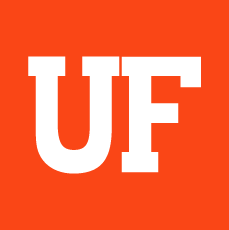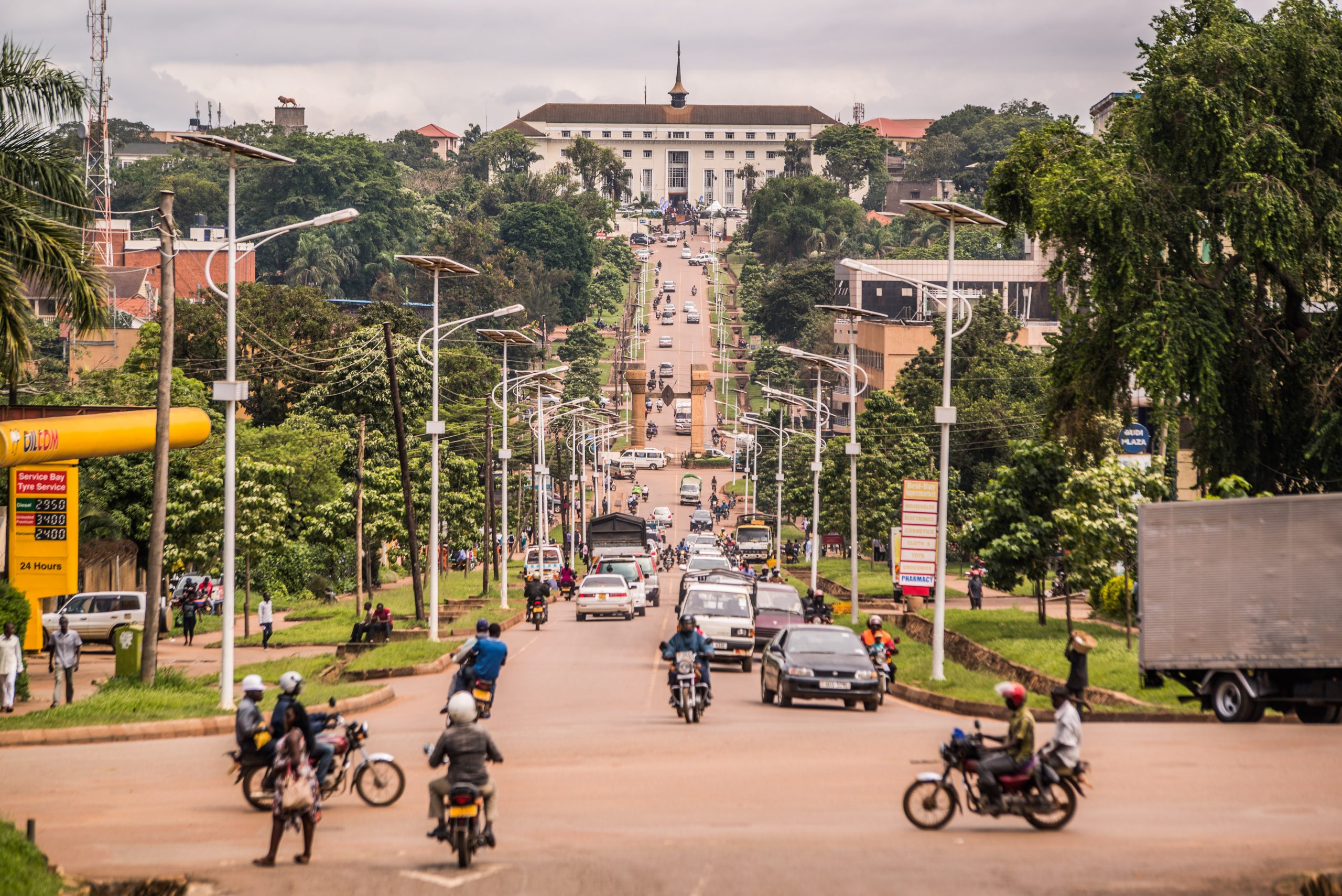
Akan Studies
Akan is a language group spoken by related peoples in mainly Ghana and eastern Côte d’Ivoire. The descendants of escaped slaves in the interior of Suriname and the Maroons in Jamaica still use a form of this language.
Thanks to the generous support of the Center for International Business Education and Research (CIBER) and the Center of African Studies (CAS) we now offer an Online Akan Program.
Undergraduate Coordinator
Dr. James Essegbey
342 Pugh Hall (LLC)
essegbey@ufl.edu
352-846-2431


